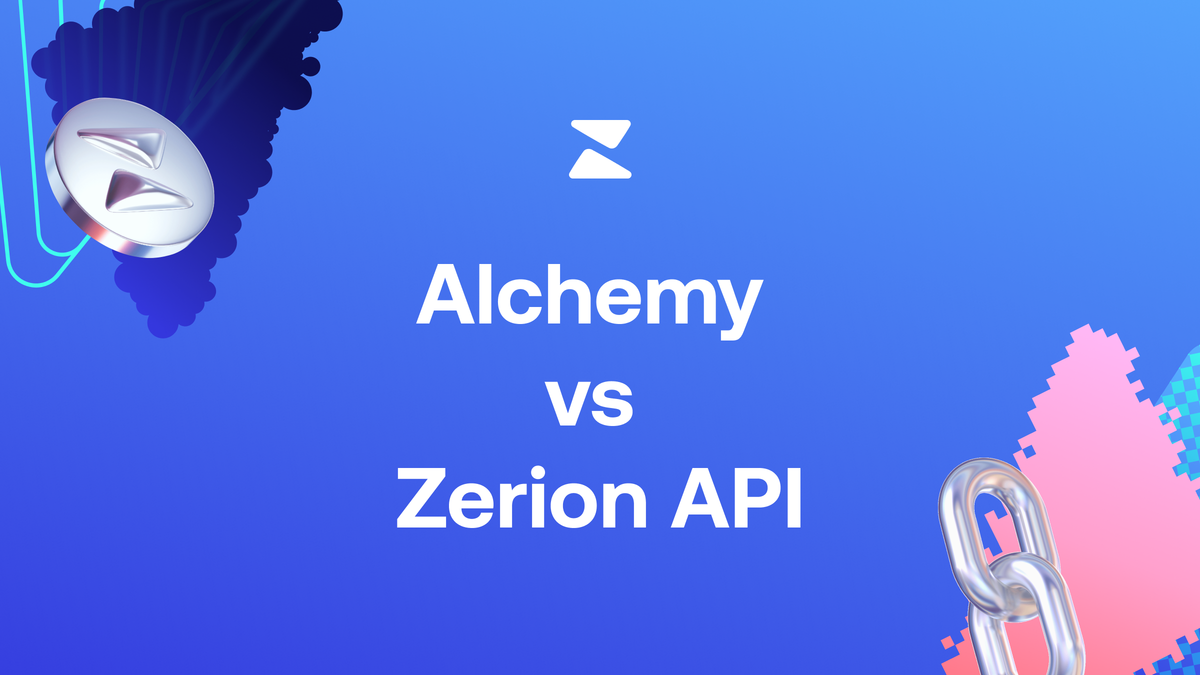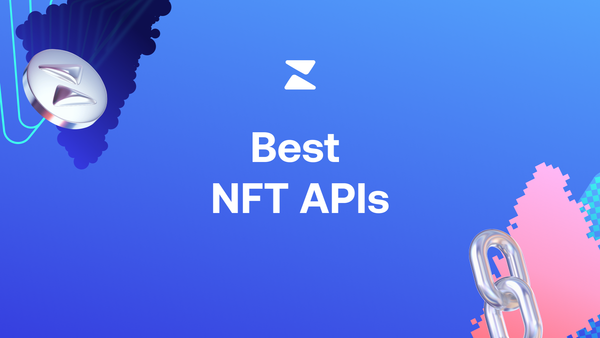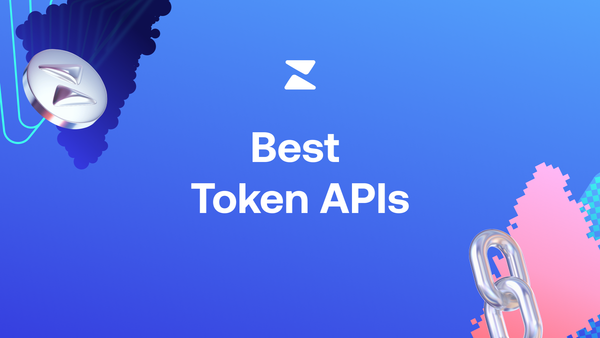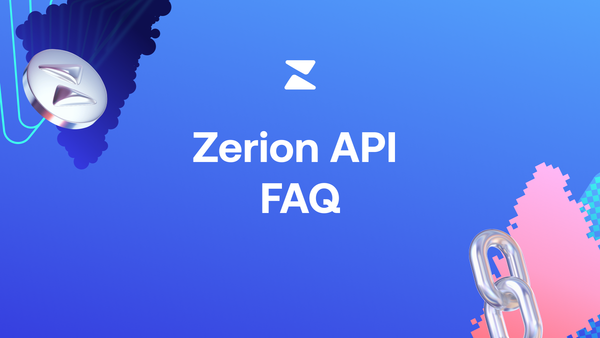Alchemy vs Zerion API: A Comprehensive Comparison
This post will help you understand the differences between Alchemy and Zerion API and choose the right platform.

If you’re building a crypto app or want to add onchain features, choosing an API can make or break performance, reliability, and development speed. Two popular choices are Alchemy and Zerion API. Both help you work with blockchain data, but they’re built for very different purposes. This post will help you understand the differences and choose the right platform.
Introduction to blockchain data platforms
While blockchain is transparent, accessing the data isn’t simple. All crypto apps rely on some provider to access onchain data.
In the early days of crypto, teams had to run their own nodes and parse logs manually. This changed with infrastructure providers like Alchemy, which made node access reliable and developer-friendly. Alchemy became the backbone for many early builders, providing a clean API layer over Ethereum RPCs.
Today, the landscape has evolved.
Developers no longer just need raw blockchain data. They need financial meaning: balances in USD, DeFi positions, historical PnL, and real-time notifications. That’s where Zerion API comes in.
Zerion built the infrastructure to power its own wallet — one of Ethereum’s best wallets with over half a million monthly users. The same API now powers Uniswap Wallet, Kraken Wallet, Privy, and other leading apps that need instant, production-grade wallet data.
Technical capabilities and features
Let’s review the features of both Zerion and Alchemy.
Alchemy
Alchemy’s roots are in node infrastructure. It provides high-performance access to EVM networks, with APIs that expose logs, traces, and raw balances.
With Alchemy, developers can build anything from block explorers to analytics pipelines — as long as they’re ready to handle decoding, categorization, and valuation themselves.
Besides the Node API, Alchemy also offers several other APIs for specific use cases, for example, Portfolio, Token, NFT, and Transfers. Responses typically offer the full raw data and metadata.
Alchemy also offers webhooks for notifications on new blockchain events. These webhooks can be customized to listen to events for specific addresses or NFT collections. Each chain needs a separate webhook.
In short, Alchemy gives you the foundation. You bring the logic and have the full flexibility to create what you want.
Zerion
With Zerion API, you can skip the heavy lifting.
Instead of operating nodes or decoding logs, developers get a ready-to-use REST API that returns normalized tokens, DeFi positions, and transactions for any EVM or Solana address. All responses are already valued in USD or other currencies and filtered for spam.
Zerion API is not just wallet data infrastructure, it’s also an interpretation.
As a result, every endpoint is multichain (all major EVM chains + Solana), product-ready, and battle-tested at enterprise scale. All chains have the same unified schema.
Zerion’s webhooks are also multichain by default. With a single webhook for a specific address, you can listen to all transactions across all supported chains.
In short, Zerion API offers the same wallet data that you can see in Zerion Wallet.
Scalability and performance
Alchemy provides enterprise-grade node infrastructure for raw data with robust uptime and performance. But when it comes to decoded portfolio data, developers must build their own indexing pipelines — adding complexity and latency.
Zerion API is production-proven, with 99.9% uptime, subsecond latency, and support for 1,000+ requests per second. It’s optimized for live user interfaces, embedded wallets, and AI agents that depend on real-time context.
Supported blockchains
Alchemy supports all major EVM networks like Ethereum, Arbitrum, Optimism, Polygon, Base, and others, plus some non-EVM ecosystems. However, its coverage depends on selected chains — each chain usually needs to be managed individually.
Zerion API covers 38 EVM chains and Solana, all through a single schema. Developers can fetch DeFi positions, PnL for any token, and transaction history across chains with one call — no separate indexers or providers.
Pricing
Alchemy offers a generous free tier and a pay-as-you-go model based on compute units. Pricing scales with the complexity, and costs can add up quickly for apps that need large volumes of decoded or historical data.
Zerion keeps pricing transparent and predictable:
- Up to 250K requests/month for $149/month
- Up to 1M requests/month for $499/month
All tiers include full multichain coverage, webhooks, and fiat valuations. Enterprise teams can negotiate custom SLAs and throughput tiers.
How to choose
The right platform depends on your goal.
- If you need full control over blockchain data — operating your own indexers, decoding events, and defining your own schema — Alchemy is a great choice.
- If you’re building products — wallets, dashboards, AI agents, or analytics tools — and just need instant, reliable wallet data with financial meaning, Zerion API is the faster, simpler path.
See Zerion API in action. Get your free dev key.





